
July 3–4, 2025 | London, UK
Hosted across two landmark venues at University College London, the 2025 Joint General Assembly brought together three pioneering Horizon Europe consortia, OSIRIS, TIER2, and iRISE, to collectively advance the open science and reproducibility movement across disciplines and institutions. Over two days of interactive sessions, hands-on workshops, and collaborative design challenges, the assembly served as a critical milestone for progress, cross-project learning, and planning the legacy of these initiatives beyond 2025.
More than 70 participants, representing academia, research funders, publishers, and civil society, convened in London to present project milestones, refine outputs, and co-develop strategic recommendations to embed reproducibility at the core of research systems.
Day 1: Building Bridges Across Projects
Held at UCL’s Nunn Hall, the first day of the assembly focused on showcasing tangible project outcomes and fostering structured collaboration. The morning opened with a rapid-fire session highlighting a series of reusable tools and frameworks developed by the three consortia. Presentations included the Reproducibility Definitions Glossary (iRISE), the Monitoring Dashboard (TIER2), OSIRIS findings on barriers and facilitators of Open Science, and the iRISE-SOLES community training platform.
Participants then turned their attention to one of the assembly’s key themes: training the next generation of metascience professionals. The brainstorming session led by Tracey Weissgerber and Kim Wever (iRISE) emphasised the growing need for reproducibility expertise outside traditional academia, particularly within SMEs, NGOs, and institutional research support units.
The afternoon was marked by an engaging “Design Your Own RCT” workshop, where participants developed mock randomised controlled trials to assess the effectiveness of reproducibility interventions. These hands-on group activities laid the groundwork for a future Delphi study to establish core outcome sets for such interventions.
Equity, Diversity, and Inclusion (EDI) was another central focus. A cross-consortium panel facilitated by TIER2, iRISE, and OSIRIS leads reflected on how each project has meaningfully integrated inclusive practices into recruitment, design, and dissemination strategies.
Day one closed with an interactive Padlet-based workshop co-led by Tony Ross-Hellauer and Inge Stegeman, where participants co-created future-facing recommendations across domains such as incentives, infrastructure, epistemic diversity, and stakeholder engagement. The evening concluded with a cross-consortium networking dinner in central London, further cementing bonds among researchers and project collaborators.
Day 2: Deep Dives into Consortium Work
The second day of the assembly was split into parallel sessions for the individual consortia, held at UCL’s GOSICH Wolfson Centre.
iRISE sessions included a hands-on reproducibility review workshop, strategy planning for the iRISE-SOLES platform, and updates on embedding EDI principles across work packages. A presentation on stakeholder engagement activities highlighted lessons learned from the Delphi study and outlined pathways for inclusive engagement in future projects. The consortium also initiated ideation for a new policy brief and finalised plans for their overarching iRISE Framework.
TIER2 participants focused on synthesising the project’s learnings, reflecting on the ReproHub platform, and exploring how to consolidate outputs into a coherent vision for systemic change. A dedicated Reproducibility Reflections workshop invited participants to candidly discuss successes, frustrations, and key insights gained through their work.
Meanwhile, the OSIRIS team advanced discussions on policy audits, outreach, training modules, and future joint publications. Highlights included a consortium-wide discussion on the next steps for the OSIRIS Observatory and a session on producing actionable policy messages. The meeting also served as a platform for media content development, with interviews, photography, and video recordings carried out throughout the day to support dissemination and project legacy.
Looking Ahead
The 2025 Joint General Assembly was more than a meeting; it was a convergence of shared values, innovative practices, and a collective commitment to transforming research culture. With project conclusions approaching and final outputs taking shape, the assembly served as a catalyst for lasting impact.
As the OSIRIS, TIER2, and iRISE projects move into their final phases, the cross-consortium synergies forged in London will be key to ensuring that reproducibility is not only sustained but scaled.
Learn more about the projects:
- OSIRIS: https://osiris4r.eu/
- TIER2: https://www.tier2-project.eu/
- iRISE: https://irise-project.eu/
Stay tuned for updates on other OSIRIS activities! Visit our website to read our blogs and events section and follow us on social media to discover what’s new and how you can get involved!
OSIRIS “Creating Trust in Open Science & Reproducibility through Accessibility and Transparency!”
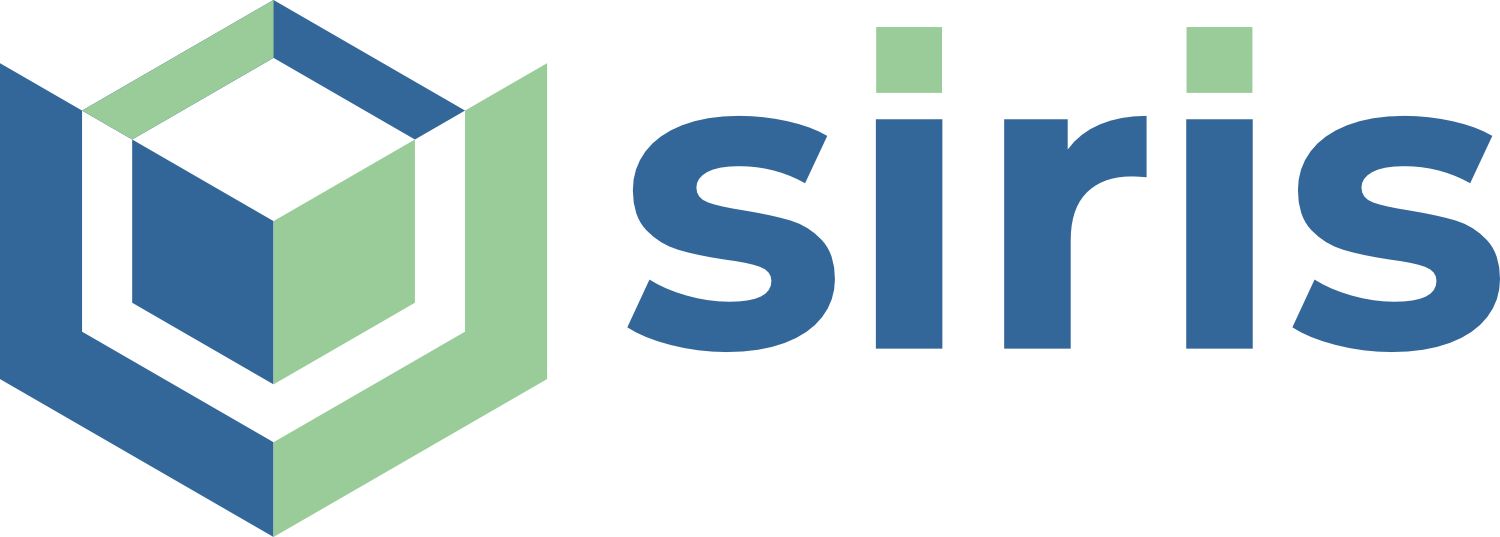
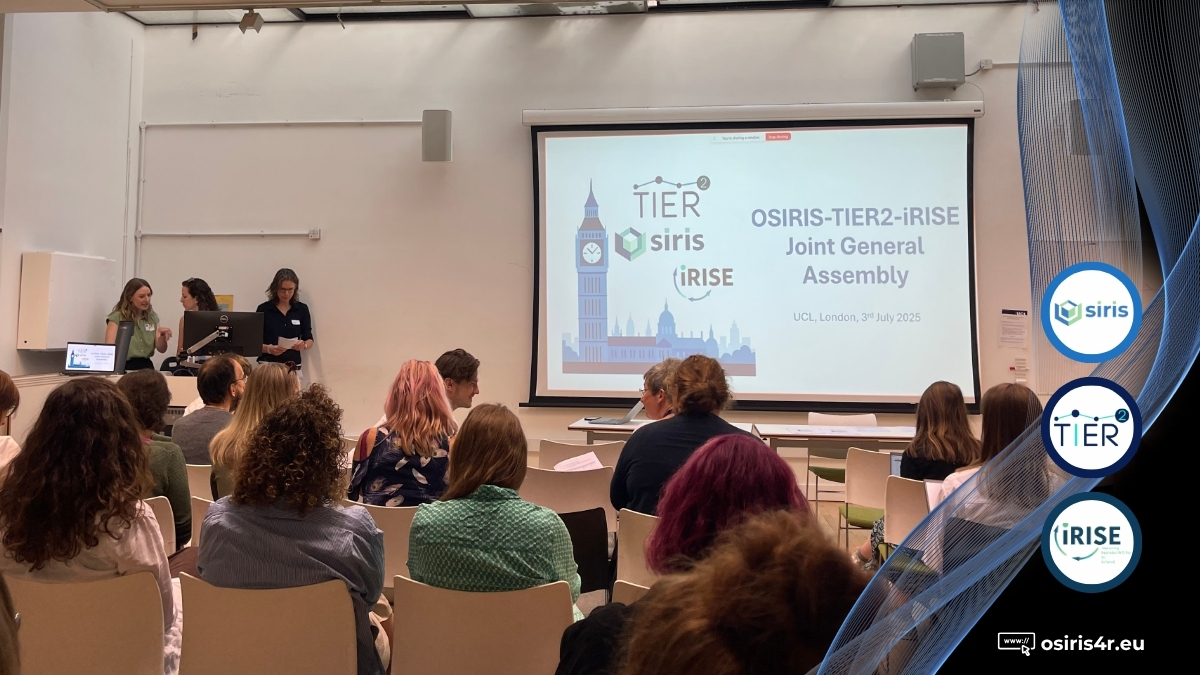
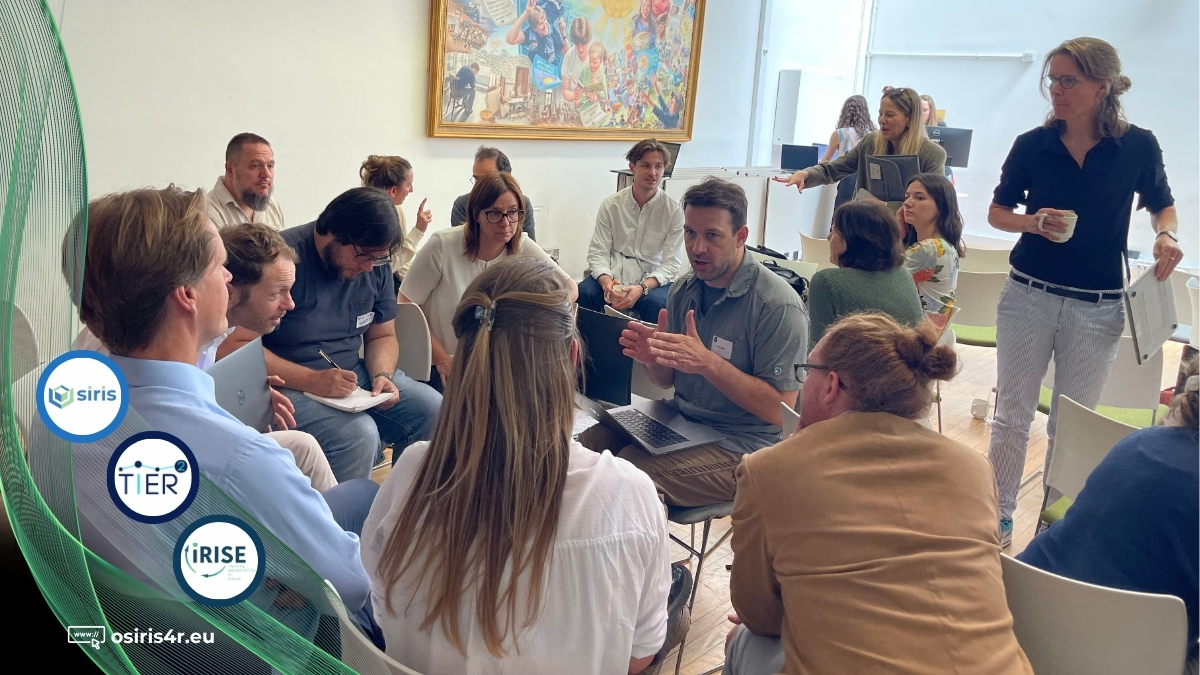
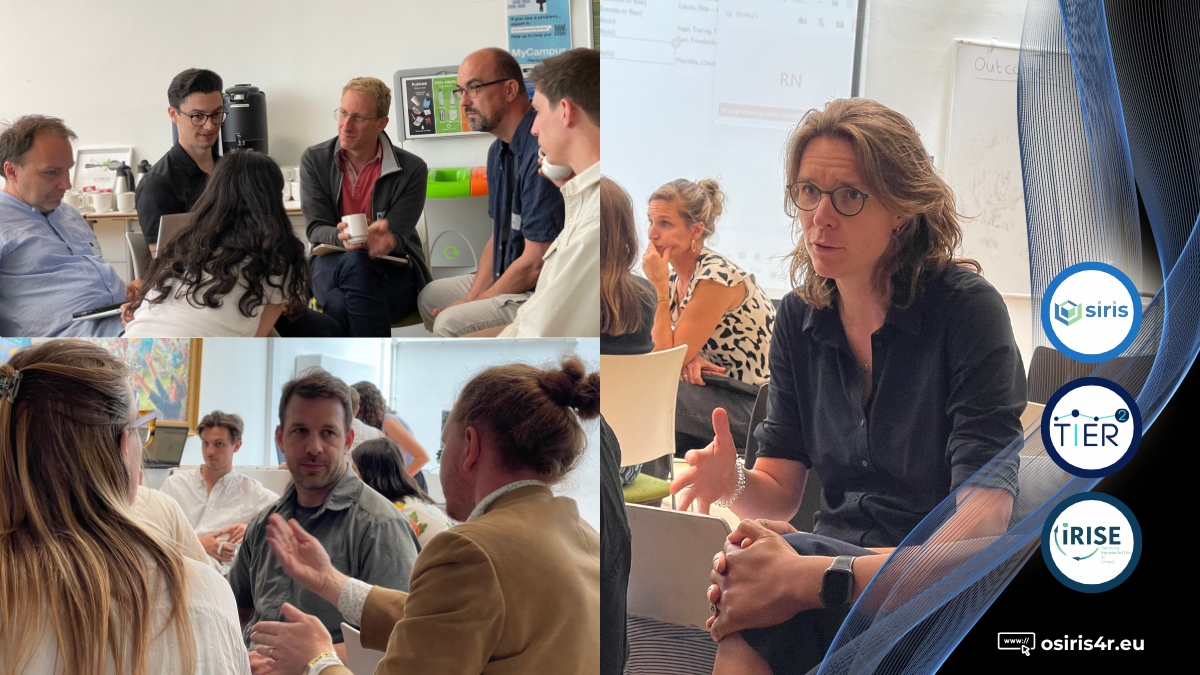
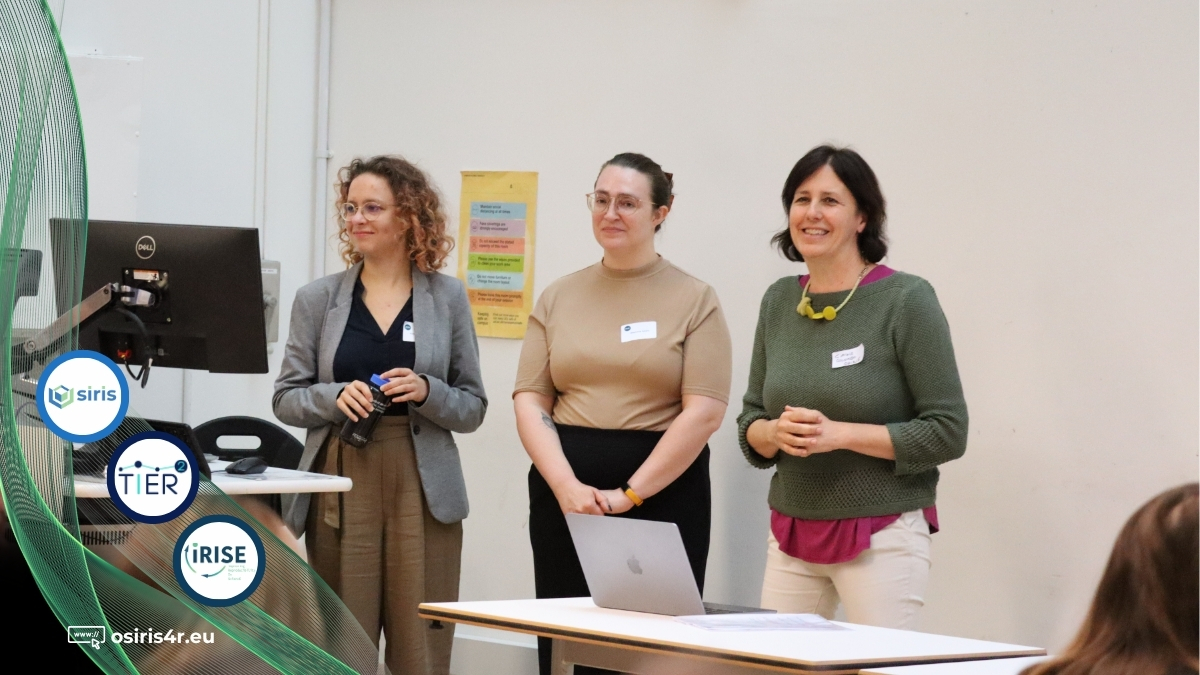
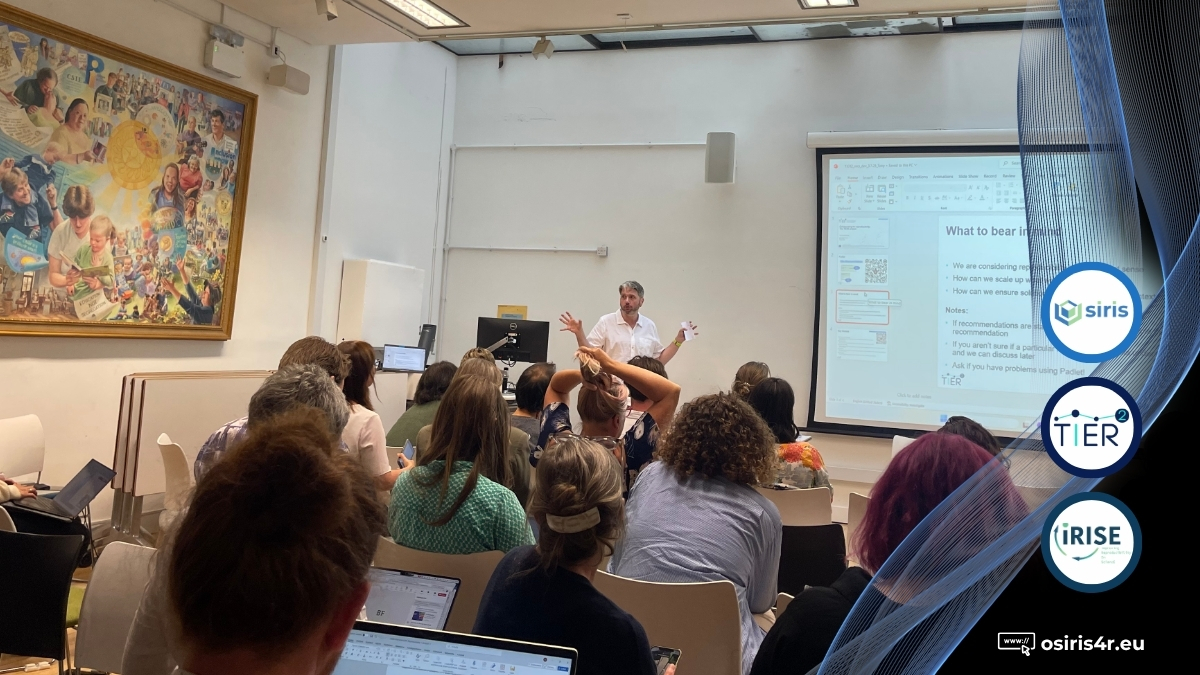
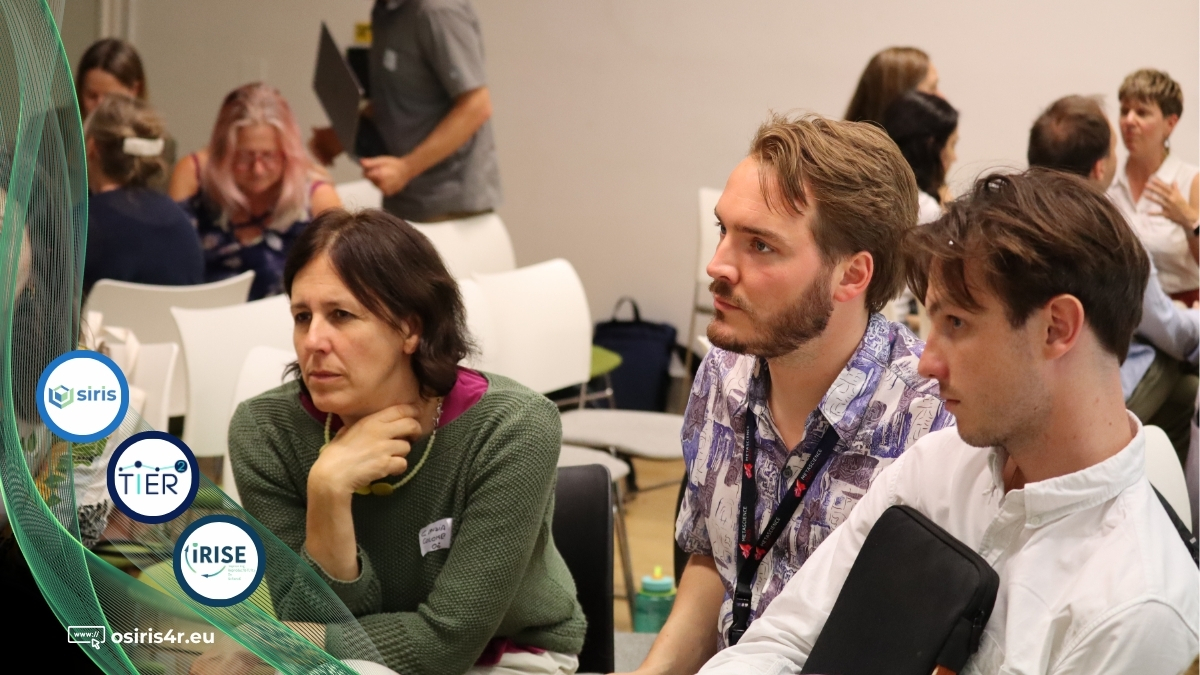
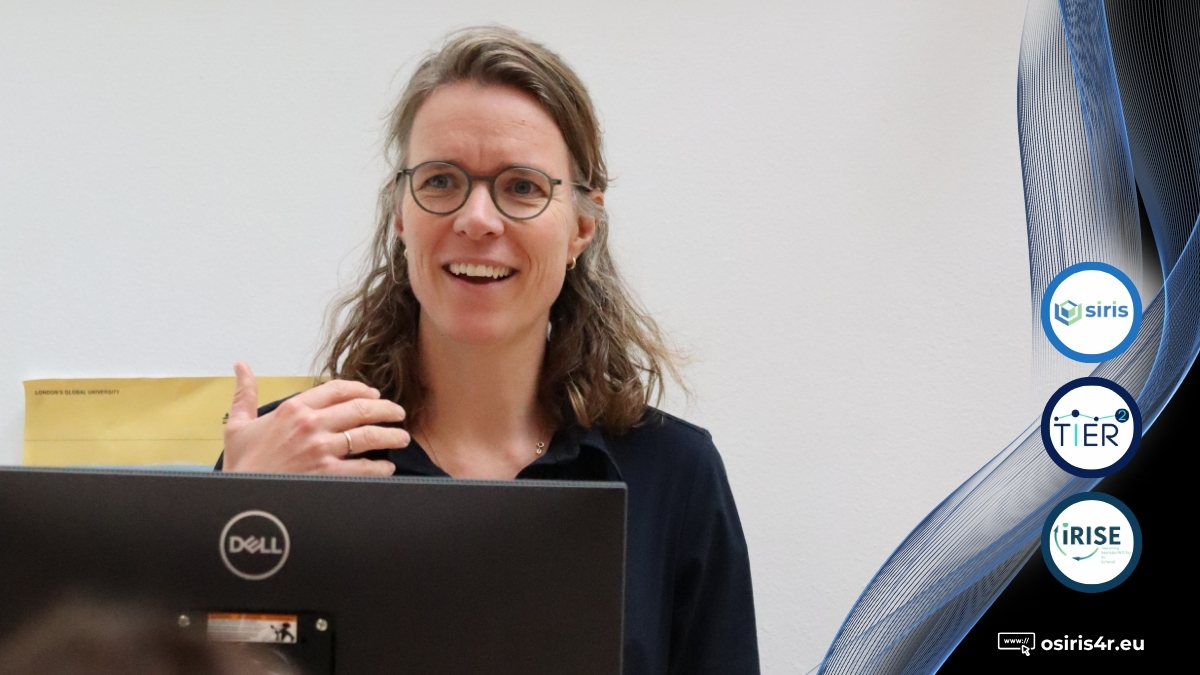
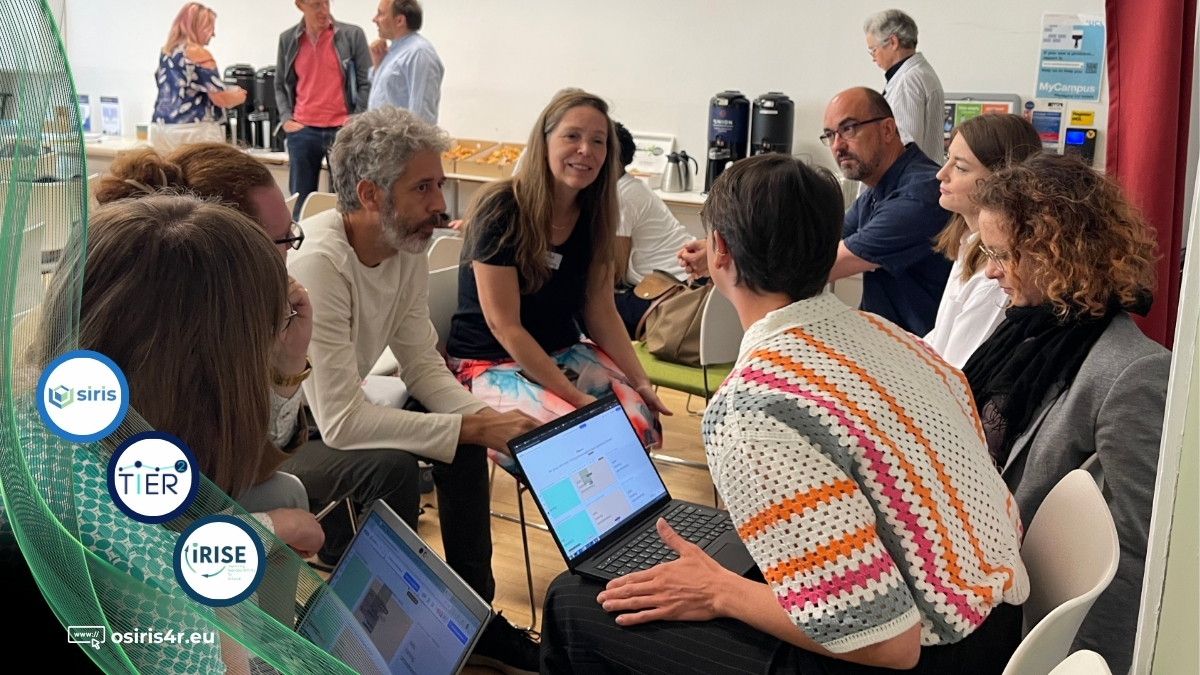
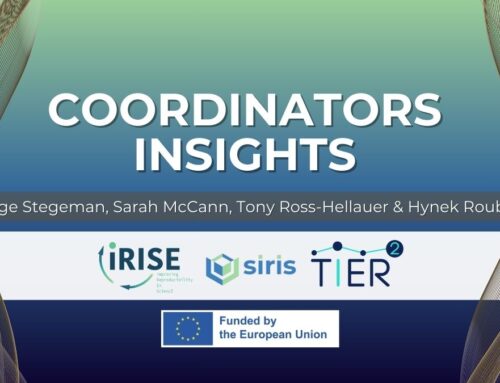
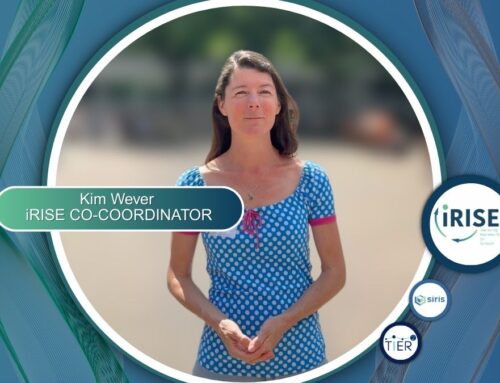
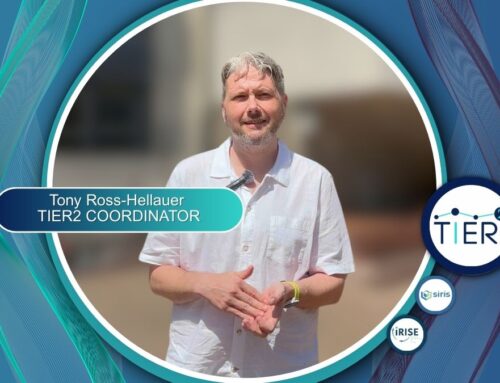
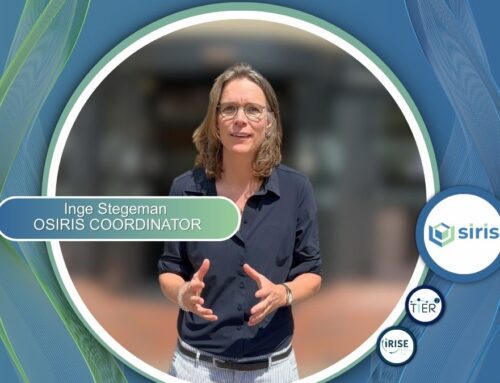
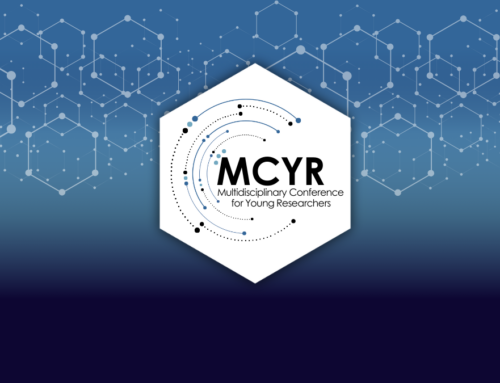



Keep In Touch